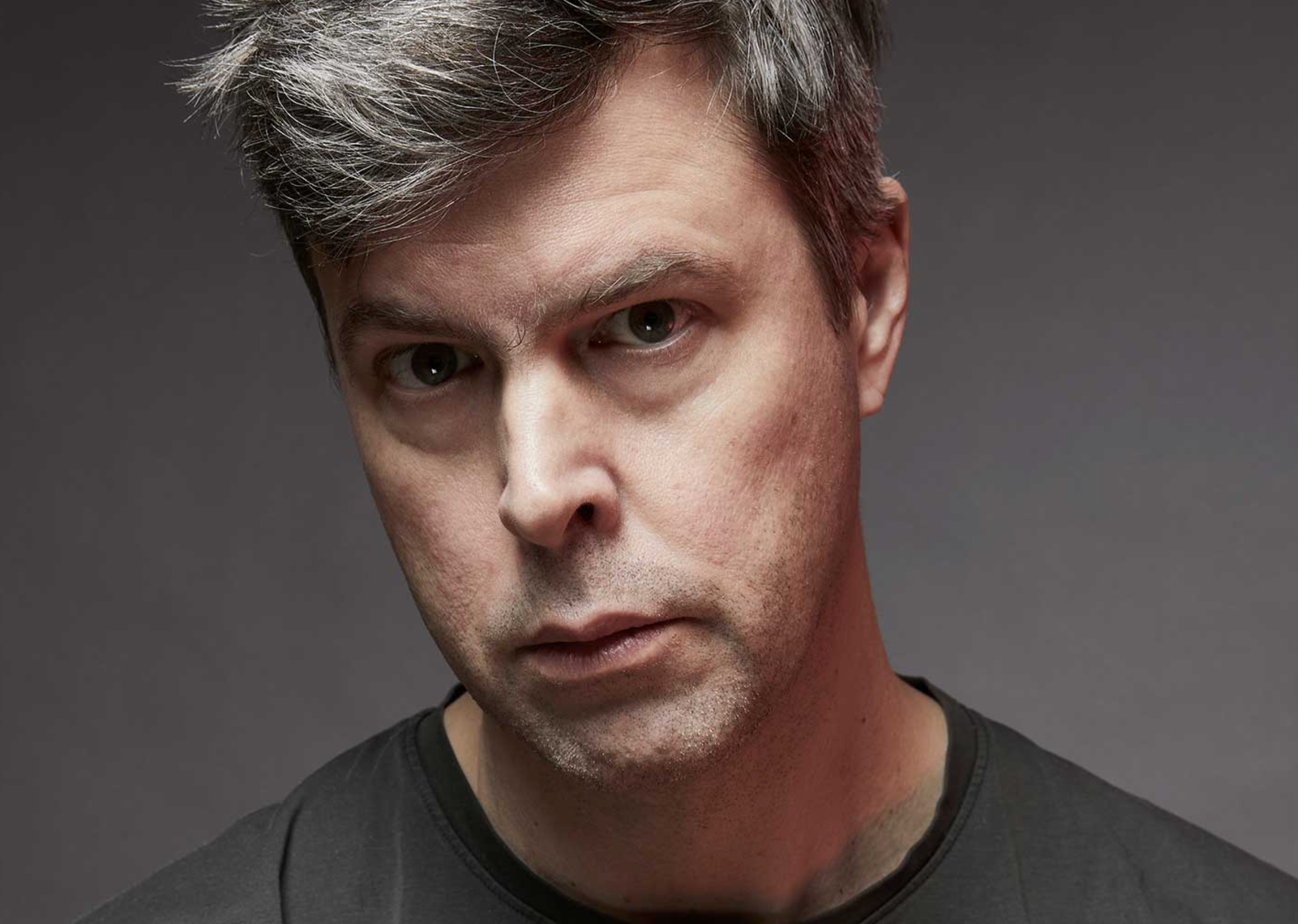In a stunning upset that lit up the literary world, Canadian-born author David Szalay snagged the 2025 Booker Prize for his daring novel “Flesh,” beating out fierce competition and proving that bold risks can pay off big. The announcement came Monday night, sparking cheers and debates among book lovers everywhere. But what makes this sparse tale of ambition and detachment so gripping? Stick around to uncover the story behind the win.
The Rise of ‘Flesh’ and Its Unlikely Hero
David Szalay’s “Flesh” follows a quiet Hungarian man who starts from humble roots and climbs England’s social ranks after a stint in Iraq. The novel skips over huge chunks of his life, like his teen jail time and war days, leaving readers to piece it together.
This economical style packs a punch, revealing deep emotions without spelling everything out. Szalay shared on stage that he eyed the Booker from the start, even joking with his editor about whether a book called “Flesh” could ever win.
The story dives into themes of isolation and success. The protagonist, emotionally distant, builds a fortune as a driver and guard for London’s elite. Yet, the book holds back details, forcing you to imagine the gaps. It’s a fresh take that feels both intimate and distant.
Published amid high expectations, “Flesh” drew from Szalay’s own life splits between Austria and Hungary. He called it a risky bet, from the title to its lean form.

From Montreal Roots to Booker Glory
Szalay, born in Montreal to a Canadian mom and Hungarian dad, moved to England as a baby. Now 50, he bounces between countries, drawing on his mixed heritage for rich storytelling.
This marks his second Booker nod. Back in 2016, “All That Man Is” made the shortlist a collection of linked stories about men at life’s crossroads. He lost to Paul Beatty’s “The Sellout,” but the buzz stuck.
“I wanted this book to match or beat the last,” Szalay told reporters after his 2025 shortlist spot. The pressure built a high bar, but he cleared it. His win is the first for a Canadian since Margaret Atwood shared the 2019 prize with Bernardine Evaristo for “The Testaments” and “Girl, Woman, Other.”
Szalay’s path shows grit. He has penned six novels, BBC radio dramas, and prize-winning short stories. The 2019 Edge Hill Prize for “Turbulence” boosted his rep.
In his acceptance speech, he praised fiction’s low cost. “Keep a writer in coffee for a year or two, and you’ve got a novel,” he quipped. The prize nets him about $90,000, a game-changer for any author.
Judges Praise the Power of Less
A panel including past winner Roddy Doyle and star Sarah Jessica Parker picked “Flesh” from 153 entries. They hailed its spare prose that drives the plot without fluff.
“We loved how much it revealed quietly,” Doyle said. The judges called it dark yet joyful to read, a book unlike any other.
Parker noted the novel’s hypnotic pull. It tracks the hero from shy teen in Hungary to middle-aged mogul, all in crisp, propulsive scenes.
This style echoes masters like Hemingway, but Szalay adds a modern twist. Critics say it mirrors life’s messiness, where not everything gets explained.
The win highlights trends in fiction. Sparse narratives are rising, as readers crave depth without drag. “Flesh” fits perfectly, offering insights into ambition’s toll.
Here’s what sets “Flesh” apart:
-
-
- Sparse language that builds tension fast.
- Gaps in the story that engage your imagination.
- Themes of detachment in a connected world.
-
The Broader Impact on Books and Beyond
Szalay’s victory shines a light on diverse voices in English fiction. As a Hungarian-British Canadian, he bridges cultures, enriching the Booker tradition.
The award, open to U.K. and Ireland-published works, has evolved. It now includes global talents, boosting sales and tours for winners.
Data from the Booker Foundation shows past winners see sales jumps of up to 1,000 percent. For Szalay, this could mean “Flesh” hits bestseller lists worldwide.
It also sparks talks on risk in writing. Szalay urged creators to push boundaries, noting novels are cheap to make compared to films.
A recent Nielsen Book Research study from 2024 found literary fiction sales rose 15 percent post-pandemic, driven by bold stories like this. Readers want escapes that challenge them.
| Year | Booker Winner | Notable Impact |
|---|---|---|
| 2016 | Paul Beatty (“The Sellout”) | Sparked race debates in U.S. |
| 2019 | Margaret Atwood (“The Testaments”) | Boosted dystopian genre sales |
| 2025 | David Szalay (“Flesh”) | Highlights sparse storytelling trend |
This table shows how wins ripple out, affecting trends and discussions.
David Szalay’s 2025 Booker Prize win for “Flesh” reminds us that great stories often hide in the unsaid, blending personal grit with universal truths to captivate hearts and minds. It celebrates risk-takers who turn simple words into profound journeys, proving literature still holds power to surprise and connect us all. What do you think of this bold choice does “Flesh” deserve the hype, or did another shortlisted book get robbed? Share your thoughts in the comments and pass this article along to your friends on social media. With #BookerPrize2025 trending hot on X right now, join the conversation and tag your shares to keep the buzz going.
































